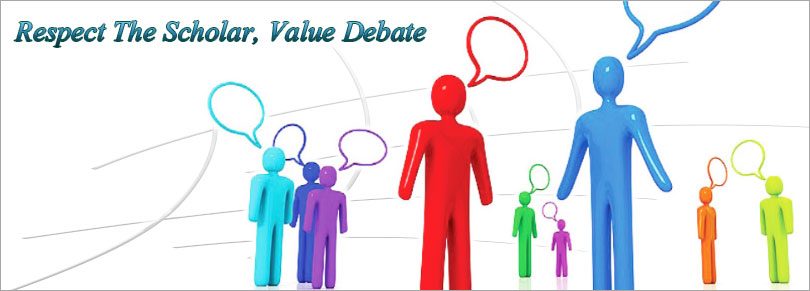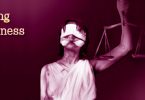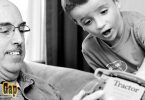Some months ago, an American television network interviewed Reza Aslan, a scholar of world religions and author of ‘Zealot – the life and times of Jesus of Nazareth’. The news presenter badgered Aslan on why, as a Muslim, he chose to write on Jesus. Her questions continued in an irrelevant direction nearly up to the end of the interview.
Aslan remained gracious while also holding his ground firmly on who he was: an academic expert, nothing more and nothing less. He explained that his personal choice to follow Islam (he was formerly a Christian) had nothing to do with his professional avatar.
I have not read the book. Therefore, I have no opinion on it.
However, I’m interested in how just the subject ‘Jesus’ and the title ‘Zealot’ inspires heated arguments. Unfortunately, some reviewers of the book attack the writer rather than take the book apart, or further, analyse its grounds.
The very media that deems it necessary to highlight and decry the church’s treatment of homosexuals (if we use ‘media’ and ‘church’ as broad terms) or the burning of the Koran by a pastor, took it upon itself to unearth a hidden agenda by a Muslim author. Is this just a case of double standards in the supposedly objective world of journalism? Or are we all, ‘believers’ and non-believers’, feeding such happenings in some way?
We encourage scholarship and debate in schools because children comprehend better from independent, analytical thinking. As adults, we want to be able to make up our own minds about an issue or occurrence.
Scholarly work is usually the result of vast amounts of time spent in thought, analysis and independent study. So while Reza’s book may open certain things up for debate, this only leads to healthier, thinking societies. Safe societies are those that are shaped by learning and scholarship in a democratic, non-discriminatory environment.
Across the world, there are many who blame the problems of the world on religion. If we give it enough thought, we all would agree that it is through dialogue that ideals like peace and brotherhood become a reality, in spite of differences in ideology among individuals and communities.
Richard Dawkins, well known atheist and evolutionary biologist, is known for his criticism of religion. But Dawkins is also a father. A letter he wrote to his 10 year old daughter some years ago said,
To my dearest daughter,
Now that you are ten, I want to write to you about something that is important to me. Have you ever wondered how we know the things that we know? How do we know, for instance, that the stars, which look like tiny pinpricks in the sky, are really huge balls of fire like the Sun and very far away? And how do we know that the Earth is a smaller ball whirling round one of those stars, the Sun?
The answer to these questions is ‘evidence’.
Dawkins goes on to explain the importance of observation and predication, and detailing the roles of astronauts, detectives, doctors and scientists in the world. He also warns his daughter to be wary of three commonly perpetuated reasons for believing anything: tradition, authority and revelation. Would you or I blindly believe anything told to us? Or would be verify what we hear? Refer to previous experiences and recorded evidence before making an important decision? If we knew we were in danger of a health risk or losing our lives, we would! So, we’re careful when we take medicines or go to certain types of doctors.
Dawkins makes a valid point. I recommend reading the letter in its entirety with an open mind. What stands out for me is a father’s concern for his daughter, that she uses her mind before believing anything. The letter ends with ‘Your loving Daddy’. Some of us have to challenge the generation, era and culture we grew up in – where questions were not encouraged. We are not meant to function as mindless robots. There is no way to comprehensively understand who we are, what our purpose is and why we do what we do unless thought, introspection, the asking of every question possible, sharing of ideas and the respect for differing views is maintained.
It is imperative that the individual is respected and his professional work is given a fair chance for societies to progress. Vision that results from thinking and growing awareness is what makes people thrive and move. The more respect we maintain for a range of views and professional work, the more advancement is possible in our world as opposed to controversies and wars. Religions aren’t the problem – so often we are.






Leave a Comment